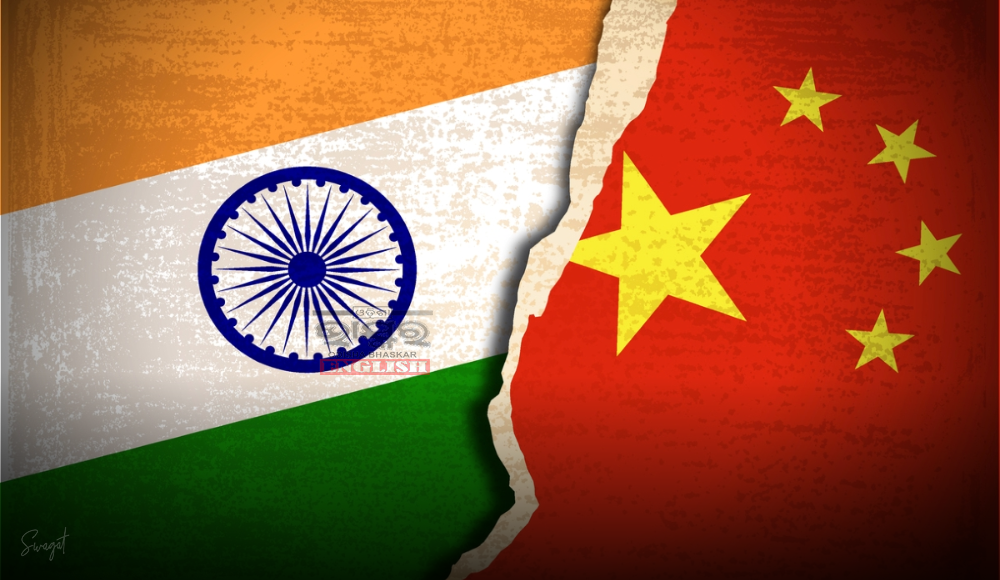New Delhi/Beijing: India and China have made strides in reducing differences and achieving a consensus on the disengagement of troops from friction points in eastern Ladakh, as announced by the Chinese Defence Ministry on Thursday. Both nations have committed to maintaining dialogue to reach an acceptable resolution soon.
Zhang Xiaogang, spokesperson for the Ministry of National Defence, noted that under the guidance of their leaders, China and India have been in regular communication through various diplomatic and military channels. This includes interactions between the foreign ministers and discussions involving China’s Foreign Minister and India’s National Security Advisor, alongside established border consultation mechanisms.
Zhang noted that the recent talks facilitated a reduction in differences and fostered a consensus, enhancing the dialogue necessary to address each side’s legitimate concerns. He confirmed that both countries aim to find a resolution that is acceptable to both parties in the near future.
This statement follows discussions regarding the disengagement from remaining points of contention, particularly in Demchok and Depsang, which have been the focus of a military standoff lasting over four years. The standoff has significantly affected bilateral relations.
Zhang highlighted previous meetings, including those between External Affairs Minister S. Jaishankar and Chinese Foreign Minister Wang Yi, as well as a recent encounter between Wang and National Security Advisor Ajit Doval on the sidelines of the BRICS summit in Russia.
Additionally, on September 3, Chinese Foreign Ministry spokesperson Mao Ning acknowledged that the front-line armies of both countries have successfully disengaged in four areas within the western sector of the China-India border, including the Galwan Valley.
While Zhang refrained from commenting on the status of disengagement in Depsang and Demchok, he reaffirmed both nations’ commitment to consolidating their progress. He reiterated the importance of adhering to bilateral agreements and confidence-building measures to ensure peace and stability along the border.
In a recent event in New York, Jaishankar remarked on the explicit agreements aimed at maintaining a peaceful border, expressing concern over China’s military movements in 2020, which he described as a violation of these agreements amid the pandemic.




Comments are closed.